Nowadays, the use of
ceramic membranes is also relatively wide. Now there are more people using them. What is the difference between ceramic membranes and metal membranes? What is the difference between organic membranes and ceramic membranes?
1. What is the difference between ceramic membrane and metal membrane?
In modern metal membrane production technology, aluminum, gold, copper, silver and other metals are often made into a multi-layered high-insulation metal membrane layer by vacuum spraying or magnetron sputtering technology. Ceramic membranes have long durability, are not easy to oxidize, have a high life, good construction, and no internal resistance. The metal membrane has good heat insulation effect, but is easy to oxidize.
Metal membrane and ceramic membrane have their own strengths, the focus is to see your needs. A ceramic membrane can be used if high insulation performance is required. A metal membrane can be selected for comparison with a non-blocking signal.
2. What is the difference between ceramic membrane and organic ceramic membrane?
The organic membrane has a large market share due to its rich manufacturing materials, low cost per unit membrane area, and high packing density of the membrane module. However, organic membrane materials and most organic solvents, organic pollutants, etc. have non-polar or weak polarity characteristics. This causes the organic membrane to be easily contaminated by organic liquids and chemical reagents, greatly reducing the service life.
The ceramic membrane is affected by the material, resulting in high cost, high brittleness, and need to be filled in a specific casing. However, the inorganic ceramic membrane has excellent chemical stability, high temperature resistance, chemical solvent resistance, and strong anti-pollution ability. Its high mechanical strength makes it suitable for the separation of high viscosity, high solids and complex fluid materials. Due to its narrow pore size distribution, the inorganic ceramic membrane adopts cross-flow filtration, which can significantly increase the specific molecular weight and greatly increase the separation efficiency. The service life of inorganic ceramic membranes is 3-5 times that of organic membranes.
The use of organic membranes is often limited to relatively simple treatment environments such as low concentrations and micro-contamination. The organic membrane is prone to blockage and is difficult to recover. JIUWU Hi-Tech inorganic
ceramic membranes are available in a wide range of specifications, including microfiltration, ultrafiltration and nanofiltration. JIUWU Hi-Tech's membrane separation technology is in an international leading position and has been widely used in chemical and chemical processing, food processing, environmentally friendly water treatment, and new energy treatment.
 Application Of Ceramic Membranes In Wine Industry And Its Application Prospects
01 Feb 2019
Application Of Ceramic Membranes In Wine Industry And Its Application Prospects
01 Feb 2019
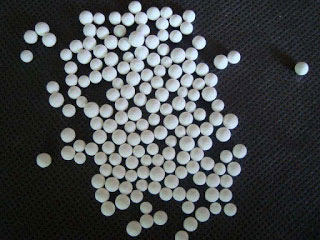 Ceramic Membrane For Traditional Chinese Medicine Production And Plant Extraction
05 Feb 2019
Ceramic Membrane For Traditional Chinese Medicine Production And Plant Extraction
05 Feb 2019
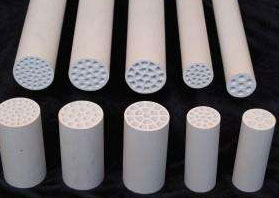 Application Of Ceramic Membrane Equipment In Transformer Oil And Gas Separation
12 Feb 2019
Application Of Ceramic Membrane Equipment In Transformer Oil And Gas Separation
12 Feb 2019
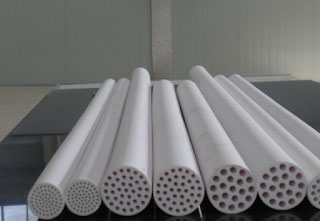 Ceramic Membranes Are Used In The Automotive Field Due To Their Good Performance
27 Jan 2019
Ceramic Membranes Are Used In The Automotive Field Due To Their Good Performance
27 Jan 2019


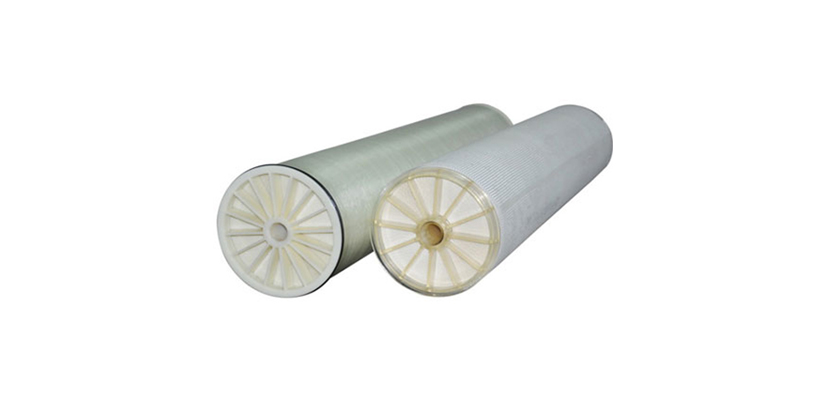
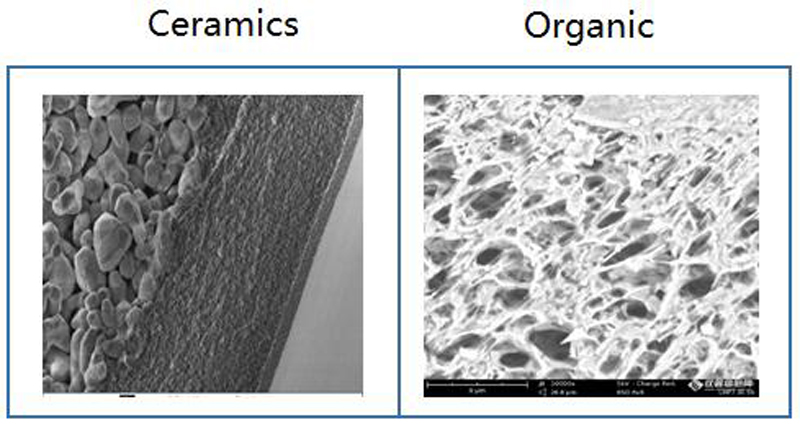

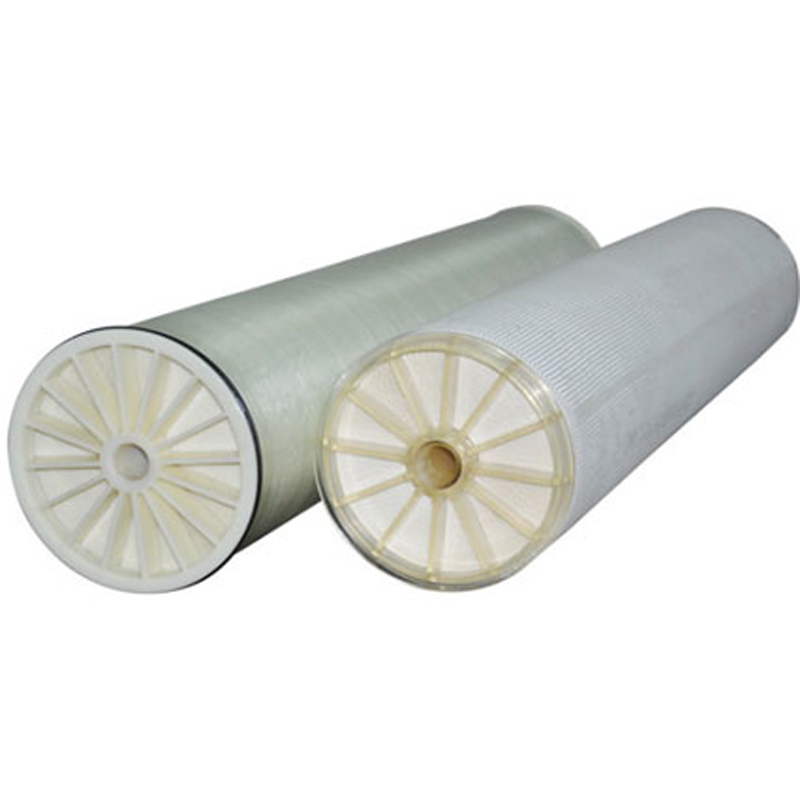
 +86-25-58849045
+86-25-58849045 
 No. 9 Yuansi Road, Pukou, Nanjing, Jiangsu, China 211808
No. 9 Yuansi Road, Pukou, Nanjing, Jiangsu, China 211808